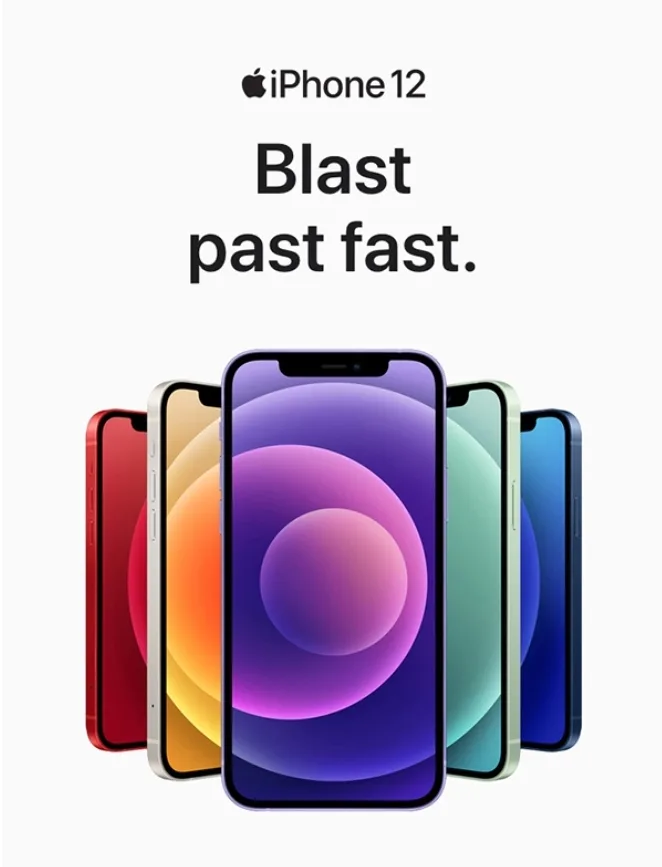Us slap landmark monopoly lawsuit on Apple

Do you use an iPhone? If you do, you know about the Apple ecosystem. It traps you. You buy one Apple product and you have to keep buying Apple devices, services, software, everything Apple.
If you want an app, you have to go to the Apple App Store. You cannot buy Android. If you want to imessage someone, they must have an apple phone. IMessage works only on iPhones. Same with accessories. You want a smartwatch or earphone or charger, you’d be inclined to buy Apple because non Apple accessories do not work very well with the iPhone.
It’s like a relationship you cannot exit. Until recently, it applied to the charger too. You couldn’t charge your iPhone without Apple’s lightning cable. Thankfully, that has changed. Not because Apple had a change of heart, but because the law mandated it. And now lawmakers are going after the rest of the Apple ecosystem. Leading the way is the US government.
It has sued Apple, and this is a landmark lawsuit. If the US government wins, it could reshape the most powerful tech company of our time. It’s already making investors jittery. Soon after the case was filed, Apple’s stock took a nose dive. It fell by almost 4%, which is a loss of over $100 billion. Apple lost $100 billion in value. It’s not really a big deal for them.
This company is worth more than $2 trillion. So they can take 100 billion dollar drop. But the lawsuit poses a larger problem. It puts a spotlight on the company’s core business model, the whole philosophy of the Apple ecosystem.
It’s now under the scanner. The list of issues that I just shared with you. They form the basis for this lawsuit.
The US government feels that Apple wants to keep its customers locked in and its rivals locked out. And the language of the lawsuit is damaging. It argues that the Apple model leaves customers with fewer choices.
It imposes high fees and prices on them, and it limits competition and innovation. Listen to the US attorney general. He announced a lawsuit yesterday. Apple charges as much as nearly one $600 for an iPhone. But as our complaint alleges,
Apple has maintained monopoly power in the smartphone market. Consumers should not have to pay higher prices because companies break the law. Apple has consolidated its monopoly power not by making its own products better, but by making other products worse. You heard him.
Apple became a monopoly by making products from others worse. It’s a big charge and it doesn’t end there. This lawsuit goes beyond the consumers. It also talks about the woes of the developers. These are people who make apps for Apple or the companies that make apps for Apple. Apple has complete control over which apps can run on its platform
It does not allow what’s commonly called side loading. That’s the practice of using apps from third party sources. By circumventing the official App Store, Apple does not allow it. And this power allows Apple to dictate which apps end up on your phones and tablets. So Apple has a lot of leverage here.
According to the lawsuit, when a user buys something from the App Store, when you buy something from the App Store, Apple can take away as much as 30% of the revenue. Say you pay $10, Apple can take as much as $3 from that. This is what it takes from the developers. And the developers are powerless because Apple controls the App Store.
So the developers will have to pay whatever fee Apple demands. The US government wants to dismantle this monopoly. And what is Apple’s response?
The company plans to fight back. Apple says it will, quote unquote, vigorously fight this lawsuit. So expect a showdown in courts. Apple is among the world’s most valuable companies. Of course, it has the capacity and the means to fight back. It can mount a legal challenge.
It can put up a strong defense. But look at who they’re up against. It’s not just the US government. Around the world, Apple’s business model and practices are being scrutinized.
The European Union is also breathing down their neck. Last year, the EU forced Apple to dump the lightning cable and switch to a more common platform for its phone, the USB typec. Recently
the EU struck Apple again. It passed a Digital Markets act. It has forced companies like Apple to allow side loading of apps on iPhones. And the US is trying to do the same through this lawsuit.
